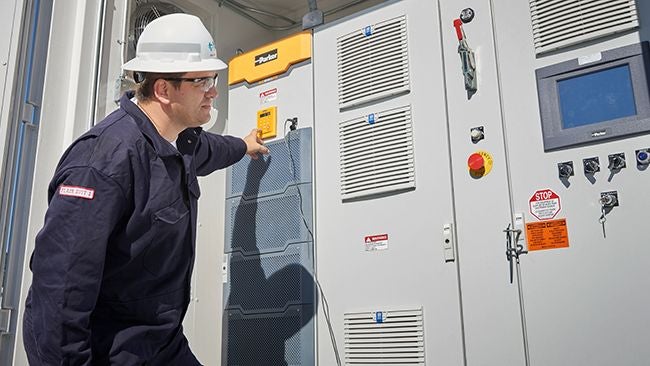
American electric power holding company Duke Energy’s subsidiary Duke Energy Florida (DEF) has announced three battery storage projects totalling 22MW, to improve reliability and support critical services during power outages.
The three battery storage projects announced by the company are intended to enhance grid operations and increase the overall reliability for surrounding communities.
In addition, the projects are expected to provide backup generation service during power outages, which became crucial with the impact of recent intense storms in the state.
Details of three battery storage facilities
The three storage facilities include the 11MW Trenton facility, the 5.5MW Cape San Blas facility and the 5.5MW Jennings facility.
The 11MW Trenton lithium-based battery facility will be located 48km west of Gainesville in Gilchrist County, and the energy storage project would improve power reliability using newer technologies.
The 5.5MW Cape San Blas lithium-based battery facility is planned to be located approximately 64km southeast of Panama City in Gulf County.
The Cape San Blas project would provide additional power capacity to meet increasing demand for energy and is an economical alternative to accommodate local load growth.
The 5.5MW Jennings lithium-based battery facility is anticipated be located 2.5km south of the Florida-Georgia border in Hamilton County, and would improve power reliability through energy storage as an alternative solution to installing new and more costly distribution equipment.
Duke Energy Florida state president Catherine Stempien said: “These battery projects provide electric system benefits that will help improve local reliability for our customers and provide significant energy services to the power grid.
“Duke Energy Florida will continue to identify opportunities in battery storage technology which will deliver efficiency improvements to our customers.”
As part of its commitment to renewables, DEF is investing an estimated $1bn (£790m) to construct or acquire a total of 700MW of solar power facilities and 50 MW of battery storage through 2022.






